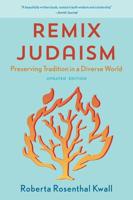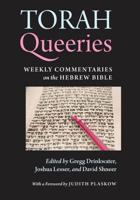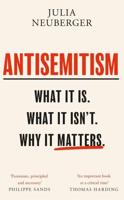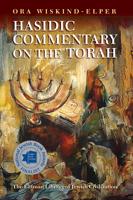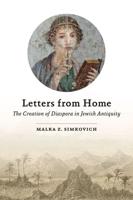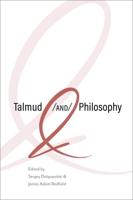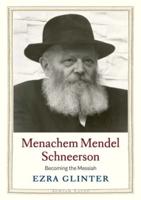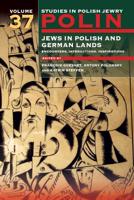Publisher's Synopsis
In this volume, Angela Erisman offers a new way to think about the Pentateuch/Torah and its relationship to history. She returns to the seventeenth-century origins of modern biblical scholarship and charts a new course - not through Julius Wellhausen and the Documentary Hypothesis, but through Herrman Gunkel. Erisman reimagines his vision of a literary history grounded in communal experience as a history of responses to political threat before, during, and after the demise of Judah in 586 BCE. She explores creative transformations of genre and offers groundbreaking new readings of key episodes in the wilderness narratives. Offering new answers to old questions about the nature of the exodus, the identity of Moses, and his death in the wilderness, Erisman's study draws from literary and historical criticism. Her synthesis of approaches enables us to situate the wilderness narratives historically, and to understand how and why they continue to be meaningful for readers today.


